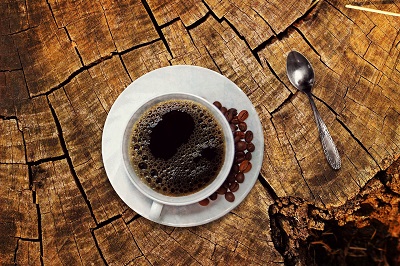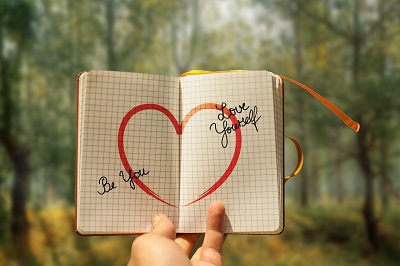 Is it possible to drink coffee on a fasting diet without messing with your results? Is it even safe to consume caffeine when you’ve been running on empty for a while – or intend to? These are some of the most common questions people ask as they consider an intermittent fast strategy. After all, Americans are hooked and don’t necessarily want to have to cut this drink out of their lives, even when nothing else is being consumed.
Is it possible to drink coffee on a fasting diet without messing with your results? Is it even safe to consume caffeine when you’ve been running on empty for a while – or intend to? These are some of the most common questions people ask as they consider an intermittent fast strategy. After all, Americans are hooked and don’t necessarily want to have to cut this drink out of their lives, even when nothing else is being consumed.
Why We Want to Drink Coffee on a Fasting Diet
There’s no real mystery behind why we want to drink coffee on a fasting diet. After all, among all the routines we enjoy first thing in the morning, grabbing a cup and letting it start the day definitely tops the list. Moreover, many people are also concerned that during the many hours they need to go without eating food at a time, they’ll experience fatigue.
Our busy lifestyles simply don’t have a lot of room for slumping energy levels. For this reason, it’s not uncommon to want to recharge with a cup – hot or iced – in the afternoon, too. But what if we’re on an intermittent fast? Can we drink coffee on a fasting diet without throwing a wrench into the works?
The short answer: yes and no. Likely not what you wanted to hear. The thing is, it depends on your intermittent fasting diet, and it depends on how you take your coffee!
Will a Cup of Joe Wreck Your Intermittent Fast?
The most common type of intermittent fasting diet allows you about 8 hours in which you can eat during the day and 16 hours in which you are not supposed to consume any calories. Water is generally the recommended beverage to stay hydrated throughout this time. That said, coffee, when consumed black, does not contain any calories (worth counting – the average cup contains about 4, which might as well be zero).
Therefore, if you are doing a daily intermittent fast, you understand how it impacts your body, and you drink your coffee black – no sugar, no milk, no anything – then you should be able to get away with it without any adverse impact on your fasting results. As soon as you add any sweeteners, milk, cream, creamers, or anything else, it can throw off the fasting period. It must be consumed black to be allowed.
Ideally, if you want to drink coffee on a fasting diet, you’ll want to consider decaf. If you’re having your cup just after your last meal of the day – or not too long before your first meal of the day – caffeinated versions shouldn’t hurt anything, provided it’s not too close to your bedtime. Caffeine can disturb your sleep, after all, since it is a stimulant. The reason decaf is often preferable during the rest of the time is that when you are fasting, the stimulant’s effects can hit you harder than usual and can cause tension and anxiety, jitters, headaches, and other unwanted side effects.



















